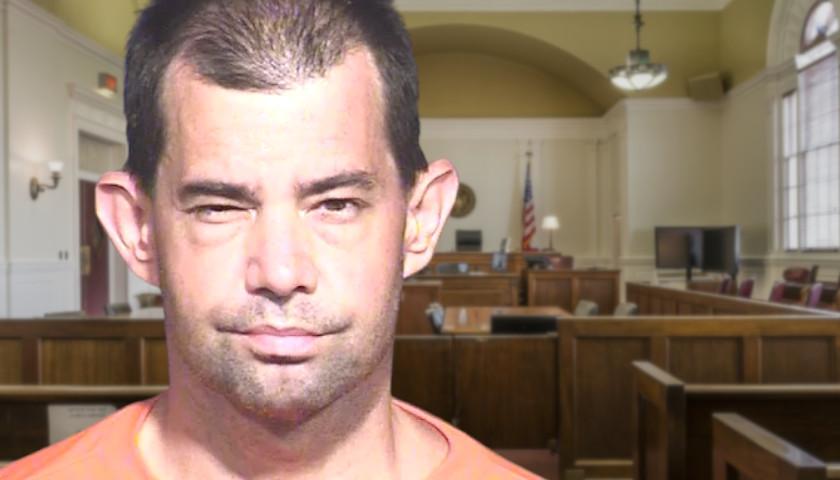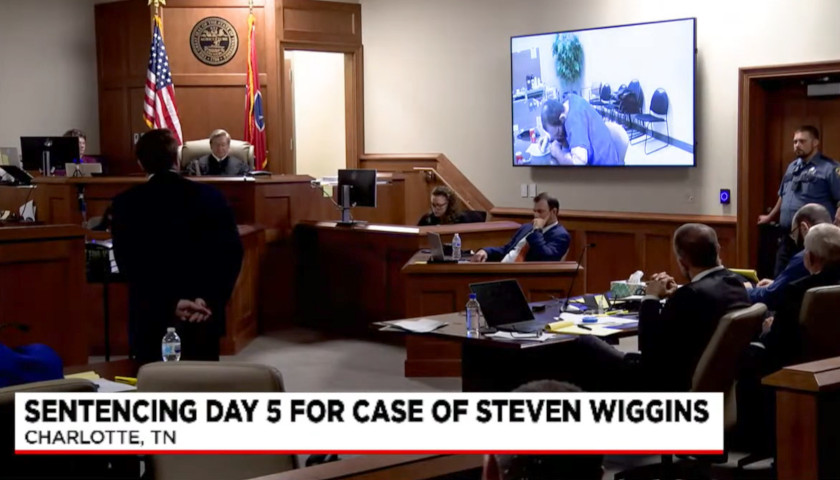COLUMBUS, Ohio — In late January when Ohio Republican Governor Mike DeWine halted all executions statewide, Ohio inadvertently joined a growing list of states that are reexamining capital punishment. Currently, eight states have official holds on all executions. Half of these states, Arizona Louisiana, Montana, and Oklahoma were halted as the result of a court order. The other half, Colorado, Oregon, Pennsylvania, and now Ohio have had moratoriums on executions imposed by their respective governors. When these states are combined with the twenty states that have outlawed capital punishment, for the first time in decades, a majority of the states in the Union are not currently practicing the death penalty. While reasons vary as to why each of the eight states placed their respective holds on capital punishment, the overwhelming majority had one thing in common: complications with drugs used in lethal injections – most notably Midazolam. Most of the drugs that are commonly used in lethal injections are high doses of routinely prescribed drugs. Midazolam is used in countless medical procedures, mostly surgical. In 2013, states began using the anesthesia as the first part of a three-drug cocktail in lethal injections across the country. The drug has now been linked to numerous instances of botched or extremely…
Read the full story










